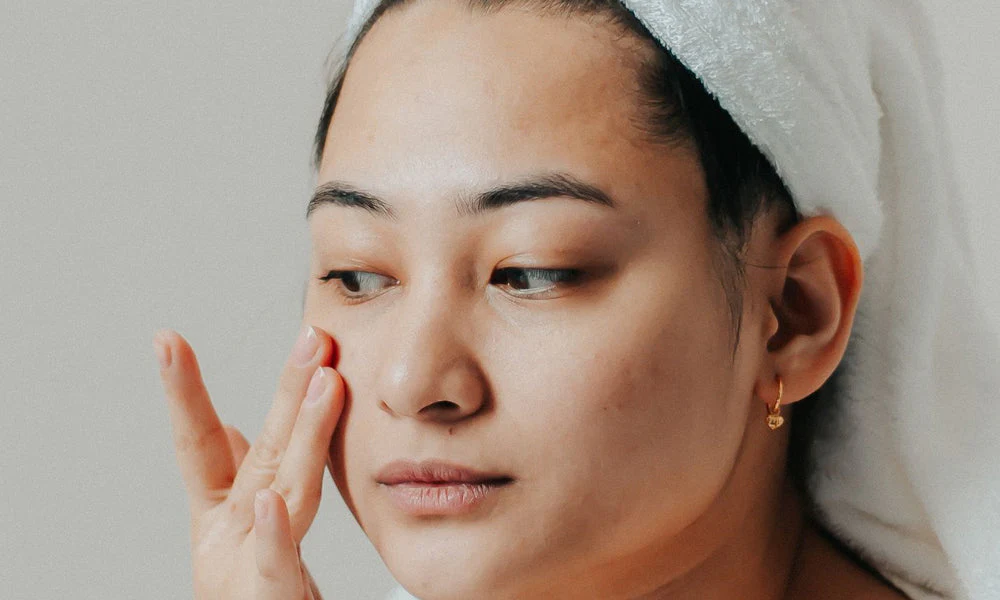In Hilo, skin disorders can be complex, and one underlying factor might be an autoimmune disease. This occurs when the body’s immune system mistakenly attacks its own skin tissues, causing various problems.
Understanding autoimmune skin disorders is crucial for Hilo residents. Early recognition and proper treatment can significantly improve quality of life and prevent complications. Knowing the signs to watch for and seeking help from a healthcare professional can make a big difference in managing these conditions effectively.
What Is an Autoimmune Skin Disorder?
Autoimmune skin disorders occur when the immune system attacks healthy skin cells, causing inflammation and damage. Symptoms include redness, itching, and skin changes. Genetics and environmental factors like sun exposure may contribute to these conditions.
Common autoimmune skin conditions include:
- Psoriasis: Characterized by thick, scaly patches of skin that often appear on the elbows, knees, and scalp.
- Lupus: Can cause a butterfly-shaped rash across the cheeks and nose, along with other skin and body symptoms.
- Vitiligo: Causes loss of skin color in patches due to immune attacks on pigment-producing cells.
- Pemphigus: Results in blisters and sores on the skin and mucous membranes.
Signs Your Skin Disorder Might Be Autoimmune
For people in Hilo noticing unusual skin changes, it’s important to look for signs that may suggest an autoimmune problem:
- Persistent symptoms: If your skin issues last a long time or keep coming back despite treatment.
- Unexplained rashes: Red, inflamed, or patchy skin that doesn’t improve with usual care.
- Itching and pain: Intense itching or discomfort that interferes with daily life.
- Other symptoms: Joint pain, fatigue, or a general feeling of being unwell, which can occur alongside skin problems.
- Family history: Having relatives with autoimmune diseases raises your risk.
Since Hilo experiences a tropical climate, skin disorders may sometimes be confused with infections or allergic reactions caused by the environment. If basic treatments do not work, it could be a sign of an autoimmune skin disorder.
Why Early Diagnosis Matters in Hilo
In Hilo, early diagnosis is crucial for managing autoimmune skin disorders. Promptly seeing a dermatologist can prevent worsening conditions. Special treatments like creams, oral medicines, or light therapy can control symptoms. With Hilo’s close-knit communities and support networks, residents can find encouragement and resources to cope with these illnesses effectively.
How to Get Help in Hilo
If you suspect an autoimmune skin disorder in Hilo, consult a healthcare provider or dermatologist for a thorough evaluation, including physical exams, biopsies, or blood tests, to determine a personalized treatment plan based on diagnosis and severity.
In addition to medical treatments, lifestyle changes can help manage symptoms:
- Protect your skin from excessive sun exposure by wearing hats, long sleeves, and sunscreen.
- Keep your skin moisturized to reduce dryness and itching.
- Follow a balanced diet and maintain overall physical health.
- Manage stress with practices like meditation, which may reduce flare-ups.
Living with autoimmune skin disorders can be tough, but Hilo residents can find relief with early care. If skin issues persist despite treatment, consider an autoimmune cause. With proper diagnosis and care, you can manage symptoms and thrive.

